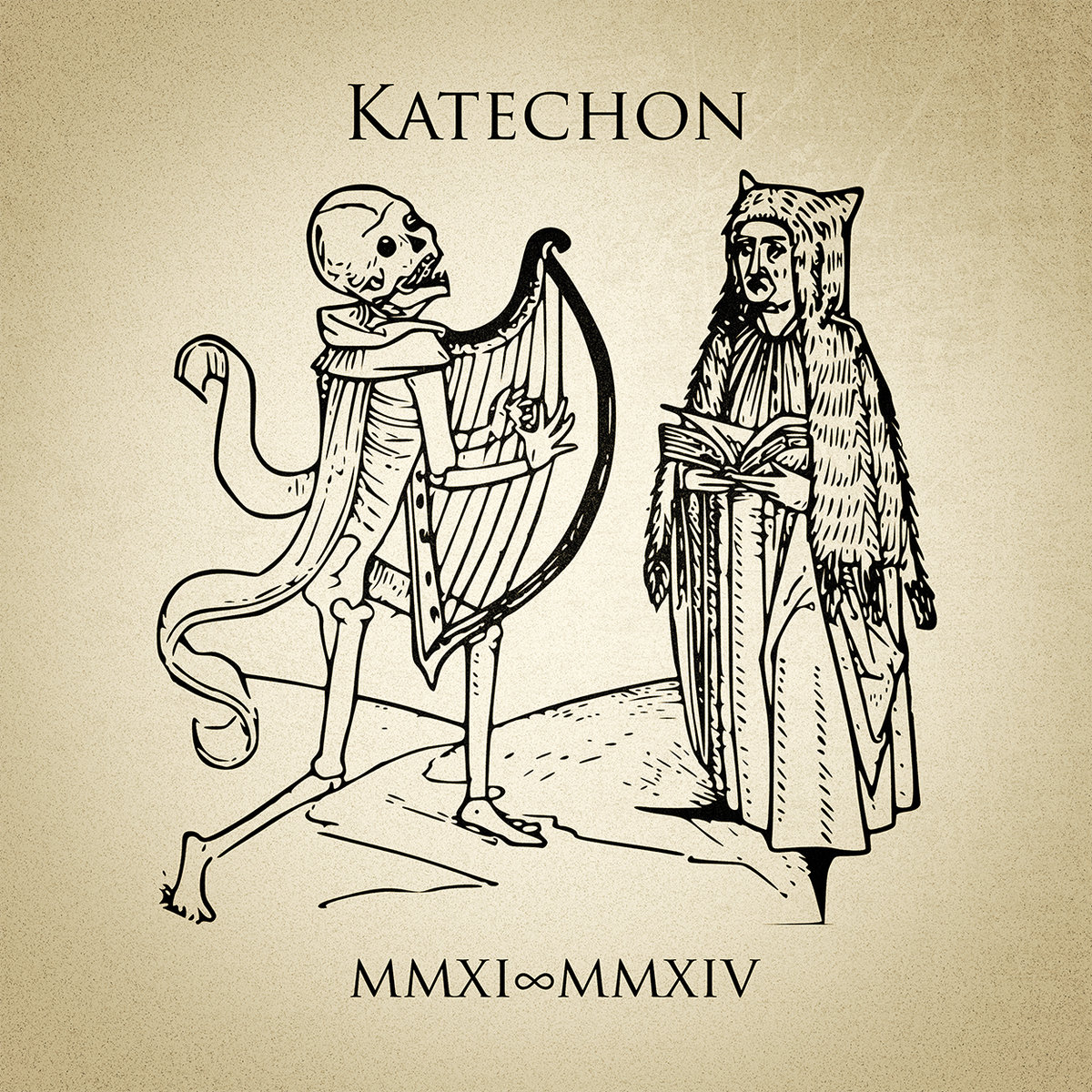The expression "mystery of iniquity" comes from the Second Letter to the Thessalonians, in a passage where Paul explains that the "Day of the Lord" will not arrive "unless the falling away comes first, and the man of sin is revealed, the son of perdition".
Here is the quotation of the entire passage, in a modern translation.
1 Now regarding the arrival of our Lord Jesus Christ and our being gathered to be with him, we ask you, brothers and sisters, 2 not to be easily shaken from your composure or disturbed by any kind of spirit or message or letter allegedly from us, to the effect that the day of the Lord is already here. 3 Let no one deceive you in any way. For that day will not arrive until the rebellion comes and the man of lawlessness is revealed, the son of destruction. 4 He opposes and exalts himself above every so-called god or object of worship, and as a result he takes his seat in God’s temple, displaying himself as God. 5 Surely you recall that I used to tell you these things while I was still with you. 6 And so you know what holds him back [to katechon], so that he will be revealed in his own time. 7 For the hidden power of lawlessness is already at work. However, the one who holds him [it?] back [ho katechon] will do so until he is taken out of the way, 8 and then the lawless one will be revealed, whom the Lord will destroy by the breath of his mouth and wipe out by the manifestation of his arrival. 9 The arrival of the lawless one will be by Satan’s working with all kinds of miracles and signs and false wonders, 10 and with every kind of evil deception directed against those who are perishing, because they found no place in their hearts for the truth so as to be saved. 11 Consequently God sends on them a deluding influence so that they will believe what is false. (2 Thess 2:1-11 - NET Bible)What makes this passage particularly obscure and hard to understand, is not only the reference to the mysterious "man of lawlessness" and "hidden power of lawlessness" but, most of all, the reference to "what holds him back [to katechon]" and to "who holds him back [ho katechon]".
As a NET Bible note to the quoted text says:
16 tn This gives a puzzling contrast to the impersonal phrase in v. 6 (“the thing that restrains”). The restraint can be spoken of as a force or as a person. Some have taken this to mean the Roman Empire in particular or human government in general, since these are forces that can also be seen embodied in a person, the emperor or governing head. But apocalyptic texts like Revelation and Daniel portray human government of the end times as under Satanic control, not holding back his influence. Also the power to hold back Satanic forces can only come from God. So others understand this restraint to be some force from God: the preaching of the gospel or the working of the Holy Spirit through God’s people.I fully agree with the conclusion of the a.m. note: the "thing that restrains" is not a human entity, like the Roman Empire or, today, the United Nation, or even the Vatican. It is most likely to be the power of God Himself, who "restrains" the power of evil, so that it is "already at work", but not in a fully manifest way, not until "the lawless one will be revealed".

